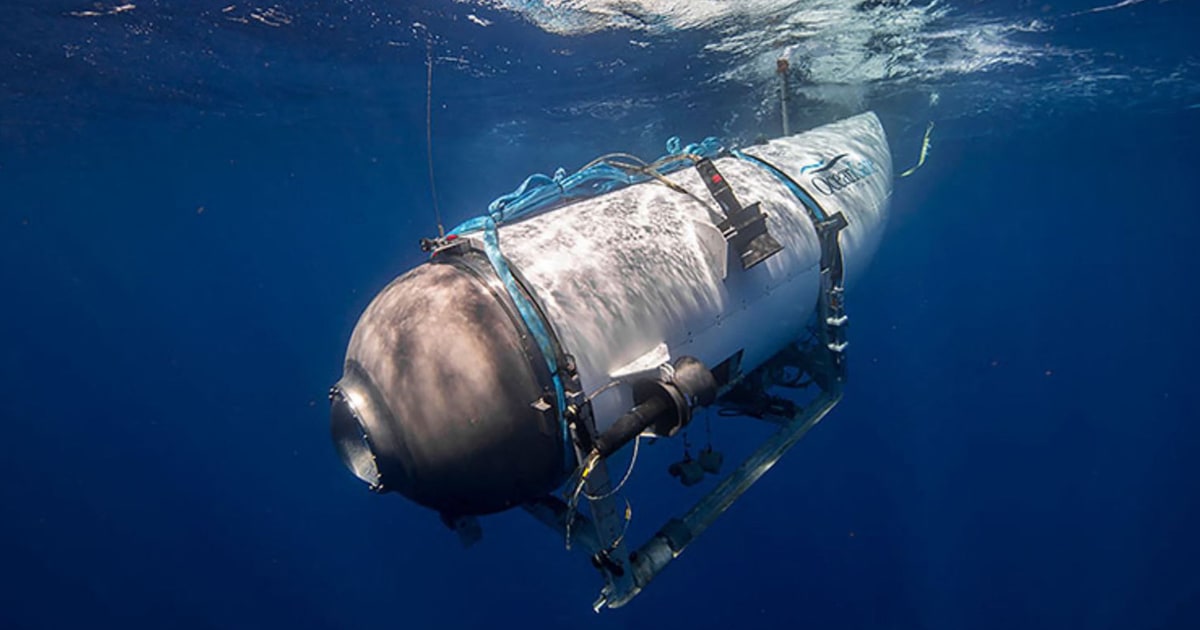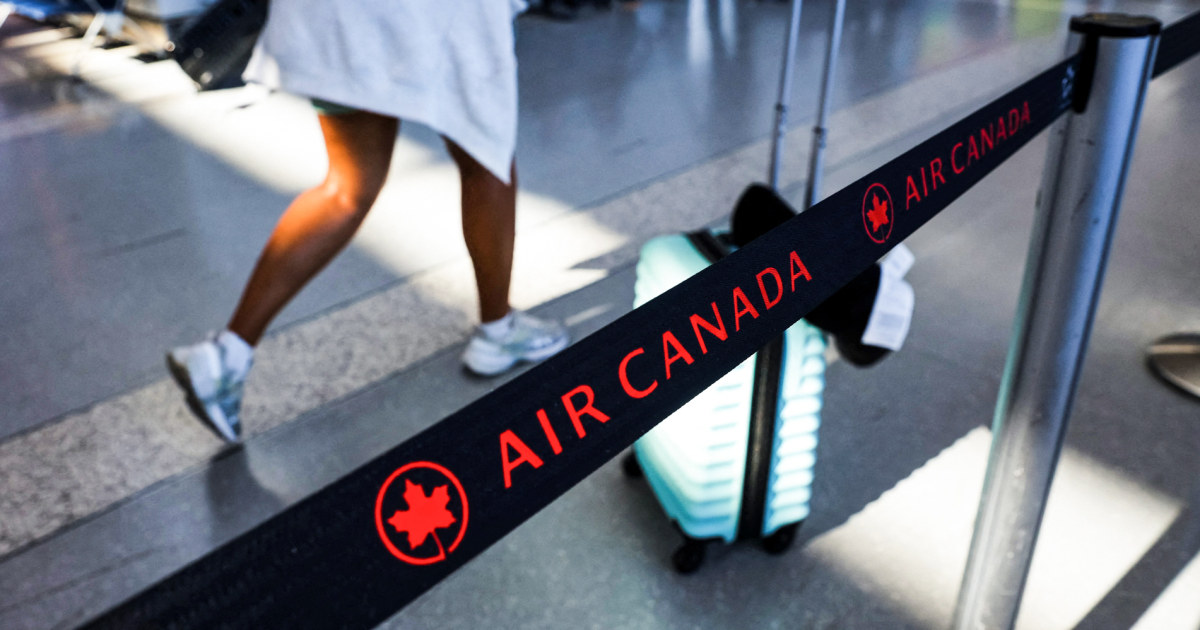How a Toxic Workplace Led to a Tragic Submersible Disaster: The Titan Implosion Story

Imagine gearing up for the adventure of a lifetime only to end up in a deadly catastrophe. That’s what happened when the Titan submersible tragically imploded two years ago, taking five lives with it. The U.S. Coast Guard's investigation has uncovered that this disaster was not just a freak accident; it was a shocking series of preventable failures fueled by a toxic workplace culture at OceanGate.
On Tuesday, a damning 327-page report revealed that factors such as intimidation tactics and a lack of oversight contributed significantly to the implosion that occurred off the coast of Newfoundland. Coast Guard Marine Board chairman Jason Neubauer didn't mince words: “This marine casualty and the loss of five lives was preventable.”
The ill-fated dive on June 18, 2023, aimed to explore the historic wreck of the Titanic but ended in tragedy when the Titan lost communication with its handlers, leading to a frantic search. Unfortunately, it was soon discovered that the submersible had imploded, killing everyone on board instantly, including a 19-year-old.
The report indicates that at 10:47 a.m. that day, the Titan suffered a “critical event” that compromised its structural integrity, resulting in a catastrophic failure. The investigation highlighted a myriad of issues, including OceanGate's use of the Titan despite previous incidents that raised serious concerns about its safety, and a troubling culture that discouraged employees from voicing safety issues.
Evidence from the investigation revealed that OceanGate leadership employed intimidation tactics to silence staff and create a climate of fear. In a shocking testimony, former engineering director Tony Nissen recounted how he was fired for refusing to sign off on an expedition after the submersible had been struck by lightning, jeopardizing its safety. He noted the absence of a safety officer and the pressure from CEO Stockton Rush, stating that many employees backed down from raising concerns.
The report further underscored that OceanGate operated outside established deep-sea protocols and avoided rigorous testing, leading to significant design flaws in the Titan. Under immense pressure to turn a profit, the company neglected crucial maintenance and safety inspections. Notably, during a test dive just days before the tragic event, crew members expressed worries about Rush rushing the expedition, with one stating, “I’m going to get a dive in, even if it kills me.”
Ultimately, the Titan imploded, and the timeline for rescue efforts was marred by delay—support personnel did not notify the Canadian Coast Guard until hours later, which led to a multinational search and rescue operation. On June 22, 2023, a remotely operated vehicle discovered debris from the Titan, confirming the devastating loss of life.
In the aftermath, OceanGate has shut down operations, but the findings reveal a deeper issue: the glaring absence of regulatory standards for submersible operations. Investigators noted that the lack of clear guidelines allowed Rush to dominate decision-making without facing serious scrutiny. This disaster highlights not only a tragic failure but the urgent need for stronger oversight and regulatory frameworks to prevent such incidents from happening again.




























